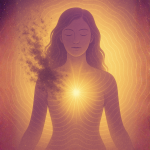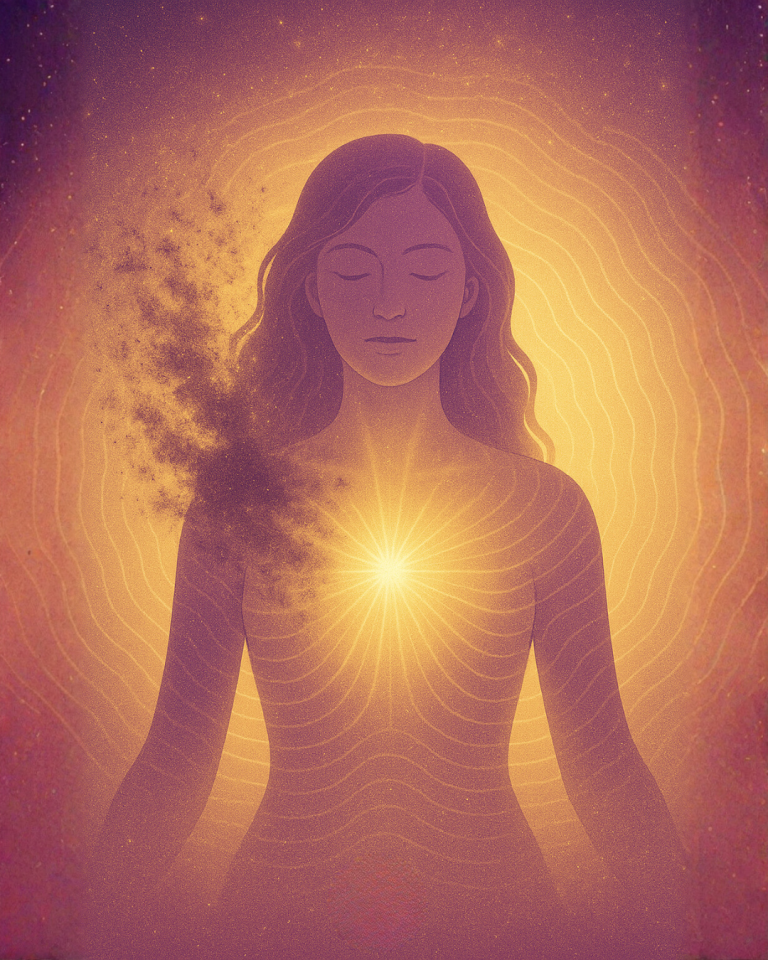Introduction
For decades depression has been explained away as a simple serotonin deficiency. New research challenges this narrative, showing that the relationship between brain chemistry and mood disorders is far more complex. This post explores why the “chemical imbalance” model is incomplete and invites a holistic view of depression.
Debunking the Serotonin Hypothesis
- Limited evidence: Recent analyses find little correlation between low serotonin and depressive symptoms. While SSRIs can be helpful for some, their success is not proof of a deficit.
- Oversimplification: Focusing on serotonin ignores other neurotransmitters, hormones and neural circuits involved in mood regulation. It reduces a multi‑dimensional condition to a single molecule.
A Broader Perspective on Depression
- Nervous system dysregulation: Trauma, chronic stress and unresolved grief can keep your autonomic nervous system stuck in survival mode, dampening mood and energy.
- Inflammation: Gut health, immune function and systemic inflammation all influence brain chemistry and can contribute to depressive states.
- Disconnection from meaning: Lack of purpose, isolation and existential emptiness can manifest as depression even when brain chemistry is “normal.”
Towards Holistic Healing
- Address root causes: Explore therapy, body‑based modalities and trauma processing to regulate your nervous system and release stored stress.
- Lifestyle interventions: Movement, sunlight, sleep and diet have profound effects on mood and brain health.
- Cultivate connection: Meaningful relationships and service rekindle a sense of purpose and belonging.
- Spiritual practice: Meditation, prayer and creative expression can awaken a deeper sense of meaning beyond the intellect.
Conclusion
Depression cannot be reduced to a chemical imbalance. It is a call to examine your nervous system, lifestyle, relationships and sense of purpose. Medication may have a place, but true healing comes from reconnecting with yourself and the world around you. Question the myth and embrace a holistic approach to mental health.






